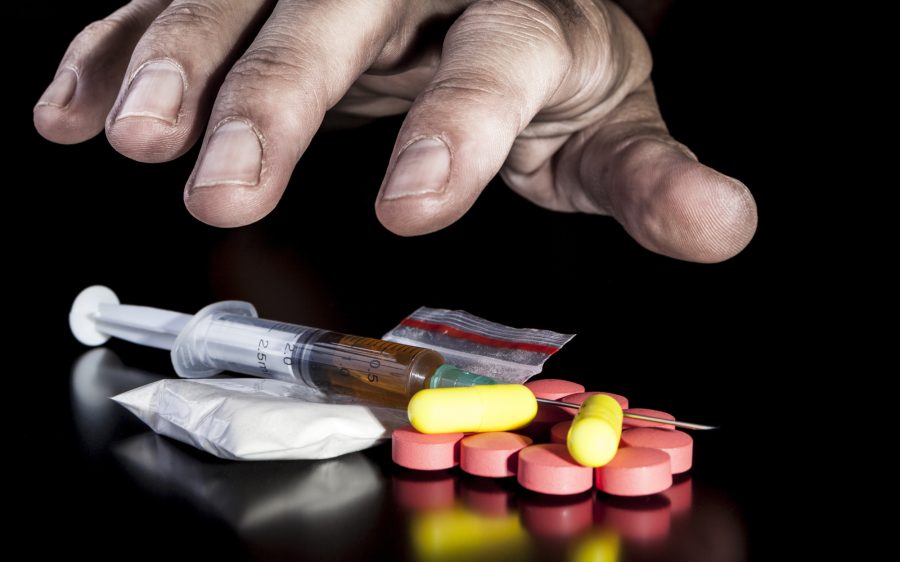
Content medically reviewed by Vicky Magobet, PMHNP-BC, on February 13, 2020.
This Cancer Prevention Month, let's find ways to protect ourselves from cancer risks. While you may know about the general negative effects of addiction, did you know that it can also contribute to cancer? Certain drugs and addiction-related health problems may increase your risk of the disease. Learn more about cancer and drug addiction below.
Learn About Outpatient Treatment
Research suggests that heroin may cause liver damage that contributes to liver cancer. This damage can become worse when the person also uses alcohol or another drug. Liver damage can result in conditions like cirrhosis that act as major risk factors for liver cancer.
Learn More About Heroin Addiction Treatment
Alcohol use causes numerous risks for cancer, as supported by years of evidence. The types of cancer related to alcohol use include:
Learn More About Alcohol Addiction Treatment
Steroid misuse can disrupt the body's natural hormone production, increasing the risk of testicular cancer. This cancer risk rises further when someone also takes an insulin-like growth factor hormone.
Substance use can also make a person more likely to have increased cancer risk due to related factors. Drug addiction can contribute to these risk factors for cancer:
Injected drugs like cocaine and opioids increase a person's risk of hepatitis B and hepatitis C. While hepatitis B tends to cause acute issues, hepatitis C has a link to chronic liver infections. These hepatitis C-related infections leave a person more susceptible to liver damage. As we discussed previously, damage to the liver can raise a person's risk of liver cancer.
Some illicit drugs include additives known as cutting agents, which can cause cancer. Cutting agents include a wide variety of substances, but phenacetin produces some of the biggest cancer risks. This painkiller has a link to renal, pelvis and ureter cancer.
Addiction can make it difficult to take care of oneself and follow treatment directions. As a result, a person who misuses substances can increase their risk of cancer through decreased self-care. They can also miss out on opportunities to detect cancer early, when it has a higher chance of successful treatment.
If you have an addiction, there are many places where you can seek help. At Diamond House Detox, we support clients in Sacramento, CA, as they recover from substance abuse. We specialize in co-occurring disorders, the combination of mental illness and substance abuse. As our client, you'll receive comprehensive treatment in a comfortable setting.
Our team is available 24/7 to speak with you or coordinate same-day admittance. Call us at (800) 205-6107 or contact us online for confidential help.